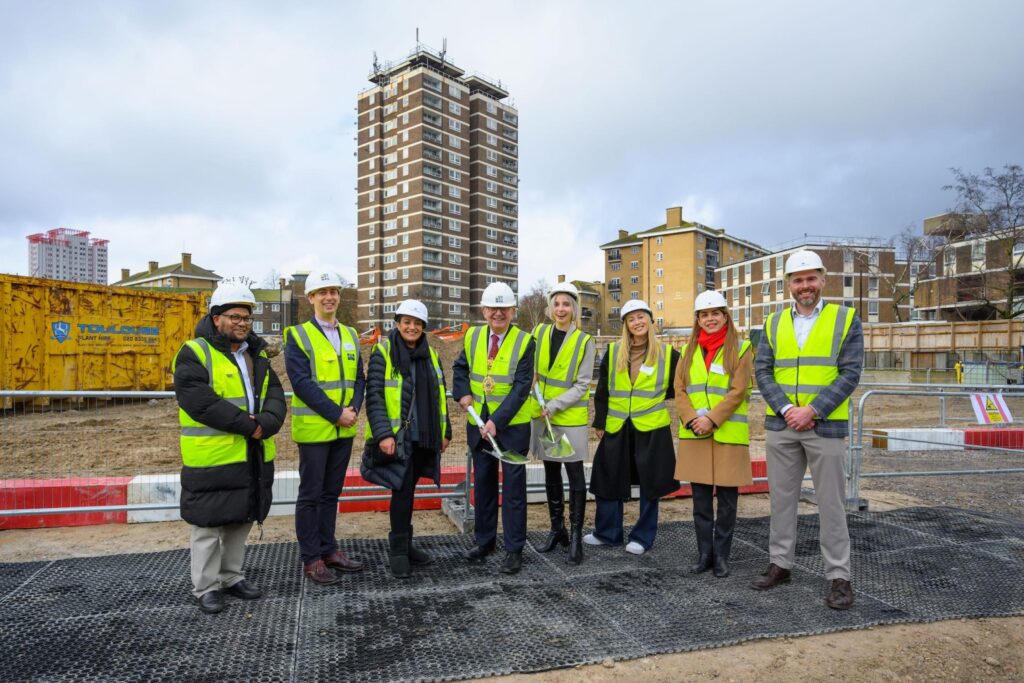I recently chaired a roundtable discussion about enabling residents to transform their communities for the better. Reflecting on the event, and my own involvement in community regeneration, it is exciting to see how Big Local is different from what went before.
Some previous regeneration programmes, such as the Docklands Urban Programme and City Challenge, were dominated by investment in physical improvements and capital projects, rather than enhancing local skills. Sustaining regeneration is about people, not ‘bricks and mortar’.
In other projects, the community were not in the lead. A resident from Shoreditch New Deal once commented to me ‘the council has been making mistakes for us for long enough, it’s about time we started making our own’. But when there was the chance to do that, and mistakes were made and brought bad press, the government stepped in. Community-led regeneration requires enabling support, not direction. That said, local people should recognise that communication and co-operation with stakeholders works better than fighting against or ignoring them.
Applying lessons like these has been crucial to the early success of Big Local, and the early evaluation of the programme confirms this. In particular, I feel there are three key contributing factors to its success:
- The Big Lottery Fund let go of the reins. Administration is in the hands of Local Trust, an independent charity. The Fund appointed a ‘protector’ with fiduciary duty to ensure the integrity of our administration and we have a productive relationship. In my view, the approach was brave and wise: brave because the Fund maintain a keen interest in this important programme, and it must be frustrating not to have control; wise, because there will be some failures, but as an independent charity we can be less risk averse.
- A timeframe of 15 years without annual spend targets gives residents the time to learn to use their control to influence community life for the better. In the past, the life of programmes has been too short or benefits of longer term, well planned programmes have been undermined by emphasis on achieving annual spend targets. Community programmes need time – a decade or more.
- Big Local is the most ‘community-controlled’ programme I have seen; because support is enabling and not directive; because monitoring is the lightest touch I have witnessed; and because it is reaching beyond those involved in previous community activity. At the same time, Big Local applies the principle that for many communities, having control is more important than having to do everything; which can result in burn out.
Of course, it’s not all plain sailing: for example, power struggles amongst people locally and a reluctance to spend can delay action. But in most cases, there is evidence that Big Local is drawing out the skills of residents, increasing confidence, building a mutually supportive community and most importantly enhancing the ability of people to improve their lives.
I realise we need to ask if residents want more control over what happens in their community, and my experience is that if asked, they do. Without the opportunity for greater involvement and control, residents don’t have a platform to express and develop their talents and confidence. The challenge is to think of creative ways to engage residents and provide them with opportunities to contribute in ways they feel valued; and support them to become involved in ways that have meaning for them.

















A link to the evaluation so as to check and challenge some of these assertions would have been useful.
My local experience of the Big Local initiative is that it cannot be described wholly as a ‘success’.
The Big Local early years evaluation can be found on our Local Trust website: http://localtrust.org.uk/news/blogs/the-big-local-early-years-evaluation. The National Council for Voluntary Organisations (NCVO), the Institute for Volunteering Research (IVR) and the Office for Public Management (OPM) carried out the independent evaluation of Big Local. This first evaluation provided feedback to us at Local Trust and to the 150 Big Local areas: identifying areas for development over the coming years as well as confirming early successes. For example, the evaluators reported that perhaps the biggest source of optimism for the future of Big Local is that 88% of the partnership members they surveyed felt they would achieve their long-term goals.
We learn from Big Local and what happens locally and national. We are committed to a resident-led approach; and the evaluation provided us (and each Big Local area) the opportunity to look at what we are doing, celebrate our early success and identify how we can move Big Local forward over the next 10 years or so.
If you want to contact us directly about Big Local please email info@localtrust.org.uk